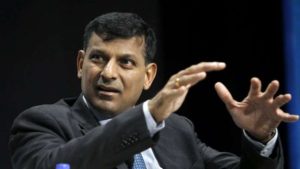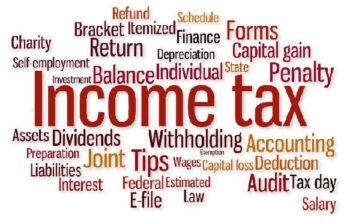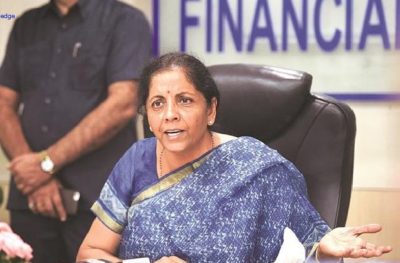
India’s fiscal deficit ‘conceals’ a lot
- नवम्बर 26, 2019
- 0
India’s fiscal deficit ‘conceals’ a lot, warns Raghuram Rajan
The country’s growth slumped to a six-year low of 5% in the April-June quarter.
India’s fiscal deficit ‘conceals’ a lot and is probably pushing Asia’s third-largest economy to the brink of a ‘worrisome’ situation, former RBI governor Raghuram Rajan has warned.
Delivering the OP Jindal lecture at Brown University, Rajan said the uncertainty about the overall economic vision at the top rungs is causing deep distress in the Indian economy. “India has slowed considerably from the go-go years before the financial crisis, but even from the 9% growth in the first quarter of 2016.”
India has been grappling with slowing macro numbers. The country’s growth slumped to a six-year low of 5% in the April-June quarter, and is likely to be near this trough at 5.3% in the July-September quarter.
The IIP numbers that came out recently saw August clocking the lowest figures in seven years, a negative growth of 1.1%.
Moody’s recently cut India’s GDP forecast for 2019-20 to 5.8% from the earlier estimate of 6.2%, attributing it to the deceleration to an investment-led slowdown that has broadened into consumption, driven by financial stress among rural households & weak job creation.
The central bank had recently cut the country’s growth forecast for FY20 to 6.1% from 6.8% estimated earlier.
Talking about where the trouble began, Rajan said the slide can be traced back to “legacy problems that haven’t been solved.” Even with the country’s failing financial sector and a power sector that still needs immediate aid, Rajan said the real problem is that India hasn’t been able to figure out “new sources of growth.”
“India’s financial stress should be seen as a symptom, rather than a sole cause,” he said.
Rajan attributed this slump to fall in investment, consumption, exports and the NBFC crisis, but said there were two major tipping points, an “ill-conceived demonetisation and the poorly executed GST roll-out.”
Citing the example of demonetisation, the former governor blamed the centralised way the government made decisions, saying, “bold ideas by the top come out of the blue, and are not tested broadly, which can be seriously problematic.”
“The sequence of demonetisation and GST was essentially the straw that seems to have broken the Indian economy’s back because it came at a point when the Indian economy was already relatively weak,” he said.
Rajan said, instead of growth, the Modi government were more focussed on public welfare & distribution. However, he pointed out the difficulties in spending for such schemes during a time when revenue was clearly taking a big hit. “Something’s got to give,” he said.
Is it possible to run from India from the top? “India has become too big an economy to run from the top, and recent experience has shown that it simply doesn’t work,” Rajan pointed out.
Rajan has often expressed concerns about the excessive centralisation of power in political decision-making in the country. As RBI governor, Rajan had red-flagged the issue of mounting bad loans in the banking system and tightened provisioning rules for banks.
Recently, in a blog post, he wrote that India was facing important challenge today and it needs to fight the forces that would make it a static, unequal, obscurantist and complacent society. “With no criticism, the government will live in a pleasant make-believe environment, until the harsh truth can no longer be denied.”
Rajan said India should also shed its inhibition about foreign competition. “We cannot be so insecure that we believe allowing foreign competition will demolish our culture, our ideas, and our firms. Indeed, it is by erecting protective walls that we have always fallen behind, making us susceptible to total colonization,” he said.

































































